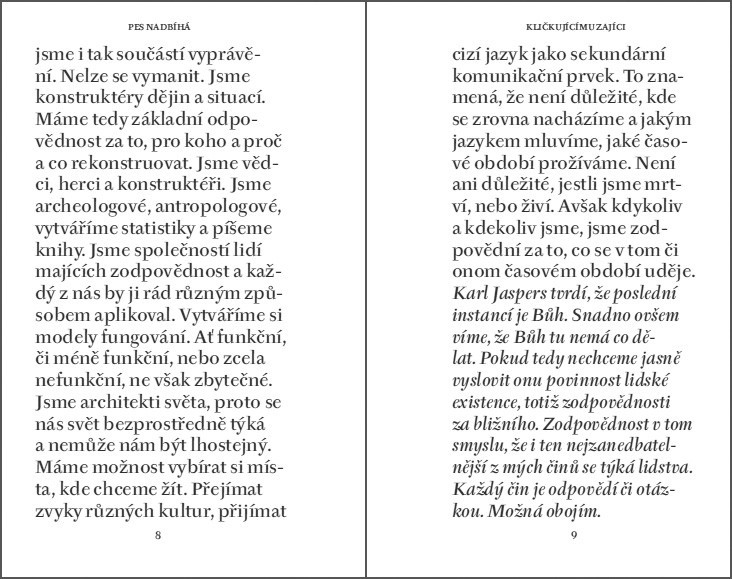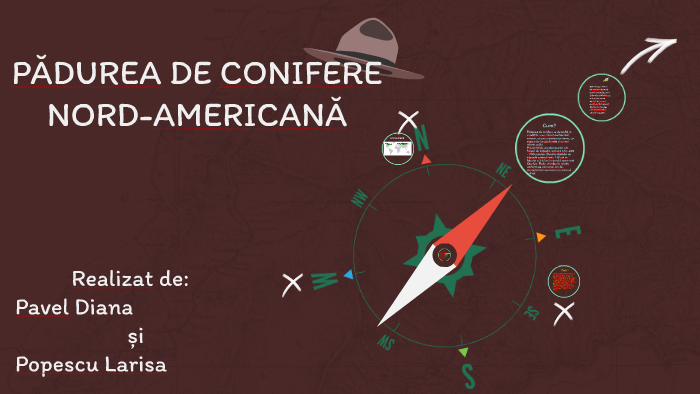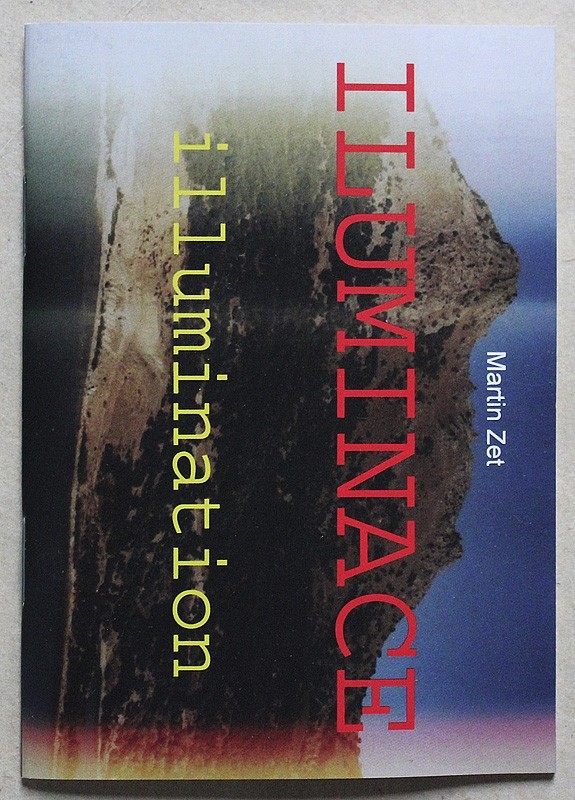
Thor graduated from New York University‘s Stern School of Business with a degree in Finance and has served on the School‘s Board of Overseers for the past 8 years. He is Chairman of Novator and maintains a shareholding in companies including telecoms Play in Poland and WOM in Chile, as well as computer games company CCP, data center Verne Global and pharmaceutical company Xantis Pharma. Thor continues to be an active investor in the emerging economies of Central and Eastern Europe and Latin America through his London-based private equity fund Novator Partners LLP.

Over the next years he invested in telecoms, mostly in Eastern Europe, built up generic drugs company Actavis (now Allergan) and became big investor in one of Iceland’s largest banks, Landsbanki. He made his first fortune with Bravo Brewery in St Petersburg, Russia, selling it to Heineken in 2002. Thor Björgolfsson is a self-styled “adventure capitalist”, who became Iceland’s first billionaire. Recipient of an Honorary Knighthood (KCMG) and international and national honours for initiatives undertaken in the spirit of entrepreneurship in the global public interest and for peace and reconciliation efforts. Honorary professorships and numerous honorary doctorates. Doctorate in Mechanical Engineering and Doctorate in Economics (summa cum laude). Studied at the Swiss Federal Institute of Technology in Zurich, the University of Fribourg and Harvard University. Academic contributions include the first publication describing the Stakeholder Theory in 1971 and a new approach to global competitiveness in 1979. 1971 to 2003, Professor of Business Policy, University of Geneva. 2011, founded the Global Shapers Community, a global network of local hubs in cities around the world bringing together young people (20-30 years old) who are exceptional in their potential, achievements and drive to make a contribution to their communities. 2004, founded the Forum of Young Global Leaders, a multistakeholder community of young leaders (30-40 years old) who share a commitment to shaping the global future.

1998, together with his wife Hilde, co-founded the Schwab Foundation for Social Entrepreneurship, supporting social innovation around the world. The type of resonant relationship that the individual has with the world can, therefore, be inferred up to a certain extent from the meaning given to the altar of the public and monumental sanctuary and to the altar from inside or in the vicinity of the tomb, since their special attributes can pinpoint to a different individual voice in each context.Founded the World Economic Forum in 1971 as a not-for-profit foundation has built it into the International Organization for Public-Private Cooperation.

More specifically, the purpose of this project is to analyse the complex meaning of the altar in the public and in the private sphere, taking into account its role as a point of contact between the mundane and the divine world through its intrinsic ritual characteristic.Īs such, the project suggests a reading of the dimensional perspectives of the altar seen as a resonant place from which the individual finds himself in connection with the world from a specific temporal and spatial situation and in a particular socio-religious context. My research subject within the research programme “Resonant Self- World Relations in Ancient and Modern Socio-Religious Practices” from the Max-Weber-Kolleg concerns a comparative approach of the material data regarding the disposition of sacral physical space in the public and the private sphere as an element of ritual behaviour inside the Etruscan society. Within the field of studies of ancient religions and mentalities regarding the transcendent relationship between human and the divine, the Etruscan civilization of the Italian peninsula has always offered interesting perspectives, since its many specificities and peculiarities have managed to bestow researchers with a significant number of research questions, the Etruscans being seen as a people deeply rooted in religious behaviour. Platform of encounters or a table for offerings? The aspects of the Etruscan altar in the public and the private sphere in the 7th-2nd centuries B.C.


 0 kommentar(er)
0 kommentar(er)
